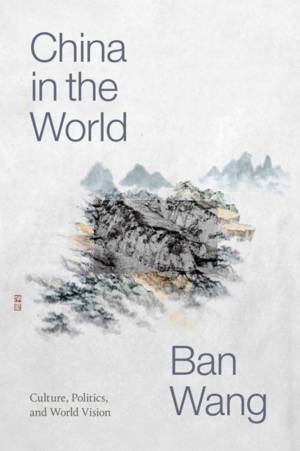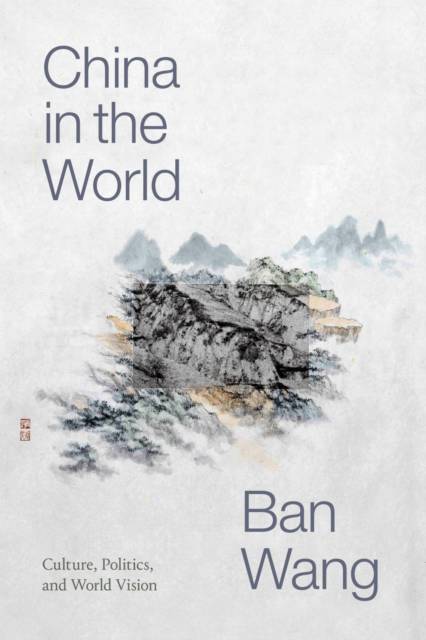
Bedankt voor het vertrouwen het afgelopen jaar! Om jou te bedanken bieden we GRATIS verzending (in België) aan op alles gedurende de hele maand januari.
- Afhalen na 1 uur in een winkel met voorraad
- In januari gratis thuislevering in België
- Ruim aanbod met 7 miljoen producten
Bedankt voor het vertrouwen het afgelopen jaar! Om jou te bedanken bieden we GRATIS verzending (in België) aan op alles gedurende de hele maand januari.
- Afhalen na 1 uur in een winkel met voorraad
- In januari gratis thuislevering in België
- Ruim aanbod met 7 miljoen producten
Zoeken
€ 41,45
+ 82 punten
Uitvoering
Omschrijving
In China in the World, Ban Wang traces the evolution of modern China from the late nineteenth century to the present. With a focus on tensions and connections between national formation and international outlooks, Wang shows how ancient visions persist even as China has adopted and revised the Western nation-state form. The concept of tianxia, meaning "all under heaven," has constantly been updated into modern outlooks that value unity, equality, and reciprocity as key to overcoming interstate conflict, social fragmentation, and ethnic divides. Instead of geopolitical dominance, China's worldviews stem as much from the age-old desire for world unity as from absorbing the Western ideas of the Enlightenment, humanism, and socialism. Examining political writings, literature, and film, Wang presents a narrative of the country's pursuits of decolonization, national independence, notions of national form, socialist internationalism, alternative development, and solidarity with Third World nations. Rather than national exceptionalism, Chinese worldviews aspire to a shared, integrated, and equal world.
Specificaties
Betrokkenen
- Auteur(s):
- Uitgeverij:
Inhoud
- Aantal bladzijden:
- 232
- Taal:
- Engels
- Reeks:
Eigenschappen
- Productcode (EAN):
- 9781478010845
- Verschijningsdatum:
- 25/03/2022
- Uitvoering:
- Paperback
- Formaat:
- Trade paperback (VS)
- Afmetingen:
- 152 mm x 229 mm
- Gewicht:
- 340 g

Alleen bij Standaard Boekhandel
+ 82 punten op je klantenkaart van Standaard Boekhandel
Beoordelingen
We publiceren alleen reviews die voldoen aan de voorwaarden voor reviews. Bekijk onze voorwaarden voor reviews.









